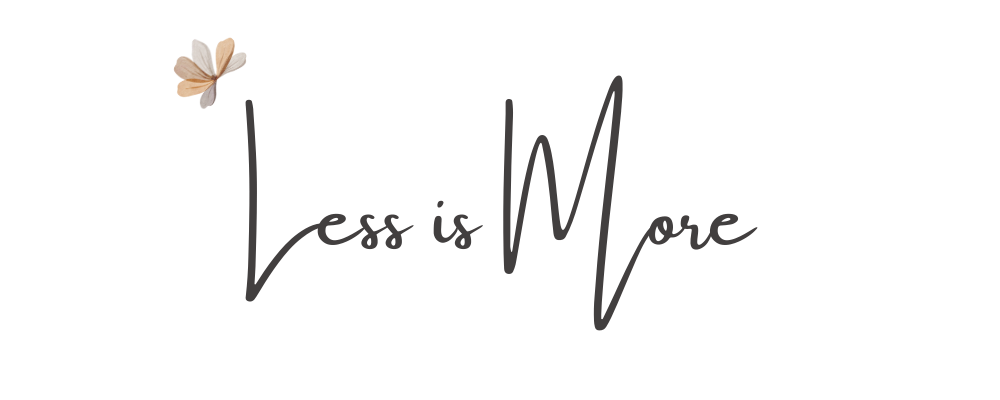Why do we need vacation! And why we dont!
Posted by: admin 1 year, 8 months ago
(Comments)
Why do we need a vacation? And why not
If you don't want to go through the whole passage about this journal! Here is some takeaway
Why do we need a vacation
- refresh your mind; we are not created only to work, eat, and die
- give a chance on routine in your life
why don't we need
- it's not for those who are putting a money-saving or building investment as a goal of your life
- you are not saturated in your life routine; your work is like an adventure
Some short story
As a short story, before we start this journal, as I want to keep writing a journal every day, I think it's a kind of different investment in life where you can cherish what you have been going through and put a milestone check on it! So the story is, I am raised in a family that doesn't see a vacation as necessary. Vacation is more an event that occurs when there are certain or complementarities from another party. What a difficult word! Complementarities! As Keynes wrote, we, as economic creatures, always do what the majority do! On this topic, a vacation. I remember many times when I was small; we went to Bali because the institution where my dad worked had an agenda to Bali! So we are going to Bali! Even though some vacations are planned, I will say it's not going into a routine! Something that is long-term planned, and as a family, we don't feel guilty when we spend a lot of money on it.
Background why we need it?
So why do we need a vacation? So yesterday, I just returned from one whole month's break from the country where I was born, Indonesia. We were in Jogja and Bali for a couple of days! There are several reasons why we need it! First, vacation is already a need because we have different types of jobs compared to many years ago! In the past, people always have a trip to their office, so it's typical for them to have apparent differences in location, like the office and the house. But after the pandemic, when most people work from home. There is no difference in life, especially the cycle of work and home. We have an adventure from one tab to another google chrome tab. The longest distance is from moving from Spreadsheet to the Zalando shopping store. And stop by in the Twitter tab. What a miserable!
Second, we live only, not in our lives. If you have a family, you are not only running the energy for yourself! But also to your wife and also to your kid! Do you want your kid to have an experience staying home and watching the screen? Of course not!
Third, we need energy; I will not say that on vacation, we will do nothing! Instead, we do more than do nothing. As a parent, you spend more time on vacation time! You take care of kids; you cook for them, and your search for a kind of attraction. So physically you are more tired. But mentally, you recharge and go deep into your interest, for example, riding a bicycle or whatever makes you happy!
Background why do we don't we need it?
The next question is, why we don't need a vacation? Here are a couple of reasons why a break is unnecessary when in the condition.
First, your work is already vacationing itself. You can work as a pilot or mine rocks on the seashore. At this point, maybe you will live your life as an adventure that the vacation just dwarfed by your daily routine.
Second, you are not at the level that you are saturated with your life! You have exciting stuff and don't need any distraction or pause.
Third, if you are not yet financially stable, Even though stability here is relative, we can always say that we are not ready and rich enough. But nothing can change your decision except yourself.
Fourth, you live as a single person; You don't need many responsibilities to make your team or family happy.
Take away
So the takeaway, vacation or not! It all comes back to your threshold on seeing live! When you question why you do some routine every day, when you start to lose your orientation, maybe seeing the stars in the night on the different continents can guide you! Like what we do in the planetarium in Jogjakarta! 10 thousand miles from Krakow!

Dimas Mukhlas W
Thanks for stopping by. All the information here is curated from the most inspirational article on the site.
Notafra.id | Linkedin | Personal Blog | My AI interest blogKenapa sekolah PhD butuh waktu lama!?
Recent newsKali ini kita akan bahas kenapa sekolah PhD itu lama! Tanpa panjang lebar, berikut cara ngeles gw! Maksudnya berikut alasannya! Hope its relate with you!
read more6 days, 8 hours ago
Using Vertex AI for zero one and two three AI prediction
Recent newsHere is my documentation after learning the introduction of AI in courserERA.
read more3 weeks, 2 days ago
Neural network with API for pre-trained API
Recent newsOverview
The Cloud Natural Language API lets you extract entities from text, perform sentiment and syntactic analysis, and classify text into categories.
read more3 weeks, 4 days ago
what is null result
Recent newsNull result in economic is when the output does not supporting your hypothesis
read more3 weeks, 6 days ago
3 weeks, 6 days ago
Fixing the issue in assumption of OLS step by step or one by one
Recent newsHi, I want to raise the issue related to know whether your OLS is ok or not.
read more1 month, 3 weeks ago
Meaning of 45 degree in economics chart
Recent newsThe **45-degree line** in economics and geometry refers to a line where the values on the x-axis and y-axis are equal at every point. It typically has a slope of 1, meaning that for every unit increase along the horizontal axis (x), there is an equal unit increase along the vertical axis (y). Here are a couple of contexts where the 45-degree line is significant:
read more2 months, 3 weeks ago

Collaboratively administrate empowered markets via plug-and-play networks. Dynamically procrastinate B2C users after installed base benefits. Dramatically visualize customer directed convergence without



Comments